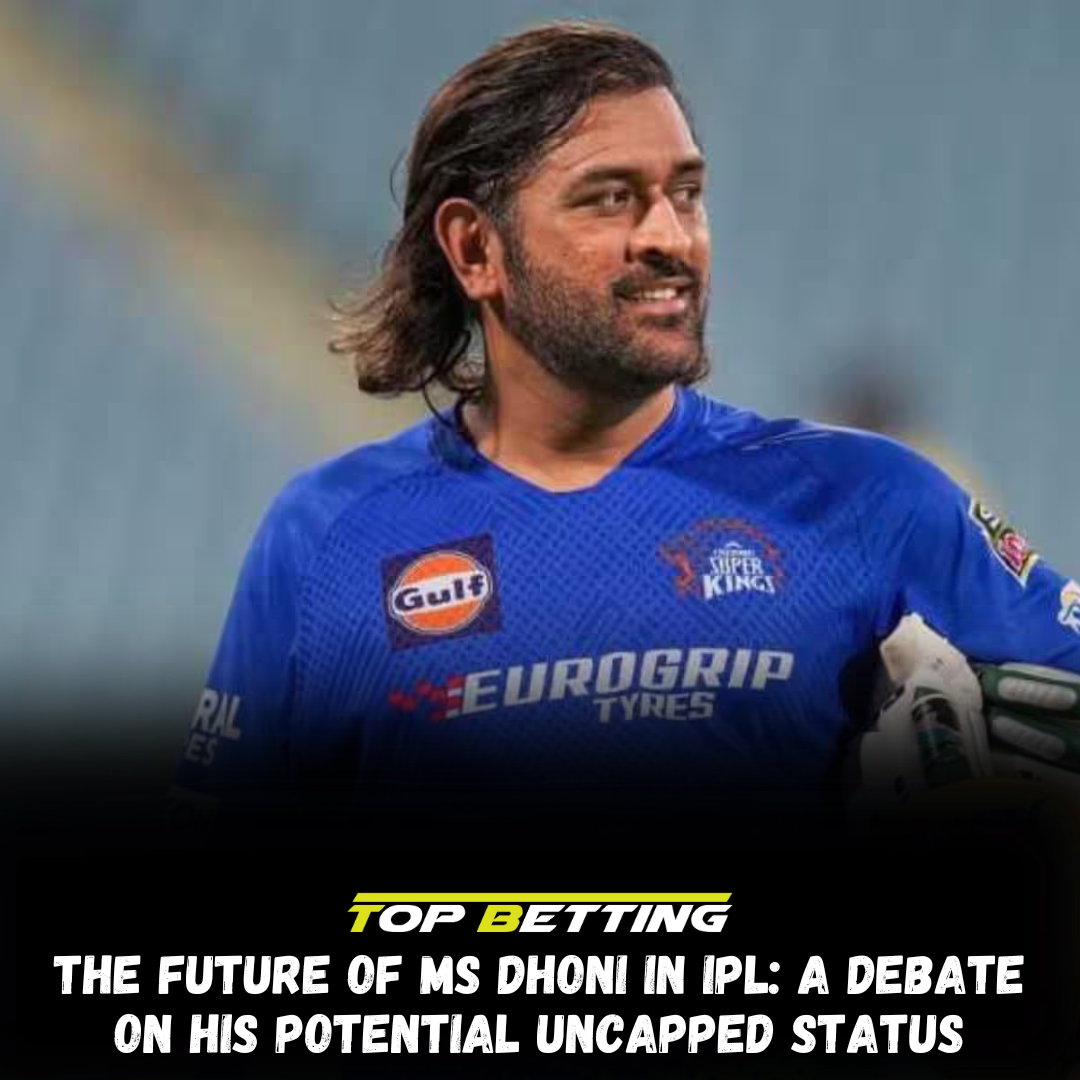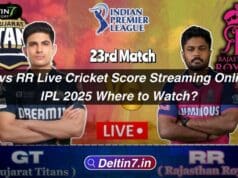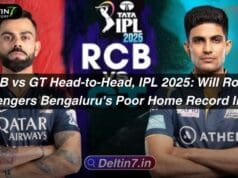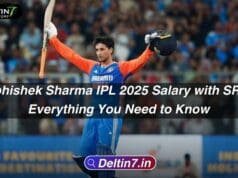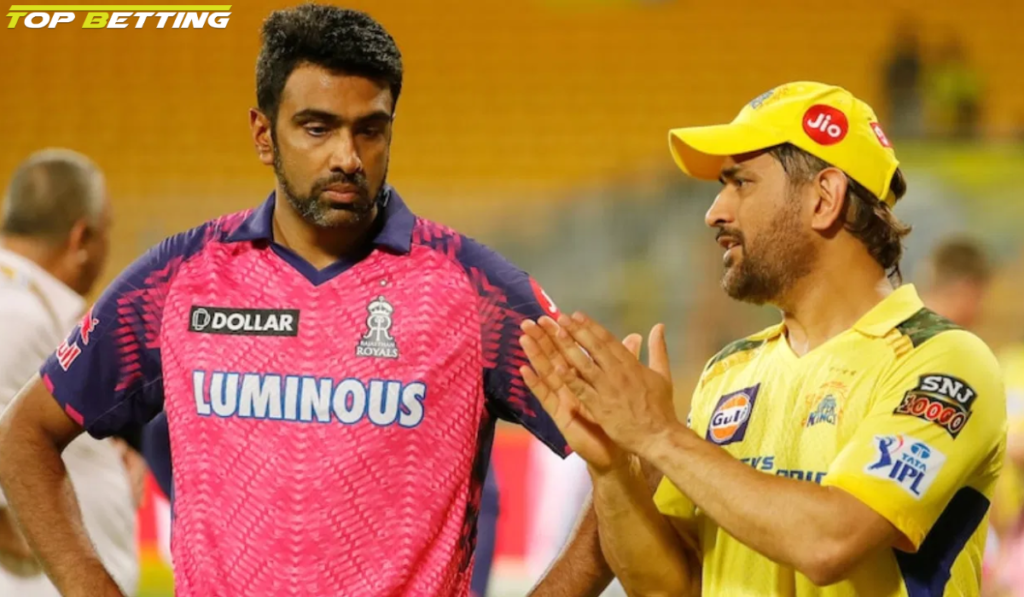
The Future of MS Dhoni in IPL: A Debate on His Potential Uncapped Status
The future of Mahendra Singh Dhoni in the Indian Premier League (IPL) remains a hot topic of discussion among fans, analysts, and cricketing circles. For several seasons now, the question of how long Dhoni will continue to don the yellow jersey of the Chennai Super Kings (CSK) has lingered as a recurring theme as the IPL seasons approach their conclusion. Dhoni, one of the most celebrated captains in the history of the tournament, has kept the cricketing world guessing with his stoic silence regarding his plans, leaving room for intense speculation about his future in the league.
This year, however, CSK appears to be taking steps toward the future by initiating a transition phase within the team. The captaincy mantle, which has been firmly held by Dhoni for years, was handed over to the young and talented Ruturaj Gaikwad, signaling a potential shift towards a new era for the franchise. Gaikwad’s promotion to the captaincy is seen as a strategic move by CSK to gradually phase in a new leadership structure, while still benefiting from Dhoni’s vast experience and tactical acumen.
Despite this apparent transition, Dhoni’s plans remain shrouded in mystery, as the former Indian captain has yet to publicly comment on whether he intends to continue playing in the IPL or retire from the league. The uncertainty surrounding Dhoni’s future has fueled speculation and discussions among fans and experts, with many wondering how CSK will manage the post-Dhoni era and what role, if any, Dhoni will play in the team’s future endeavors.
Amid this uncertainty, a report has emerged suggesting that CSK is advocating for the reintroduction of a specific rule that could significantly impact Dhoni’s future with the team. According to the report, the franchise is pushing for a change in the IPL’s regulations that would allow Dhoni to be classified as an uncapped player. This rule, if reintroduced, would mark a significant shift in the way player statuses are determined in the league and could have far-reaching implications for both CSK and Dhoni.
Historically, until 2021, the IPL had a provision where an international player who had retired from international cricket for more than five years would qualify as an uncapped player in the league. This status provided franchises with greater flexibility in team composition, as uncapped players were often less expensive to retain, allowing teams to allocate their budgets more effectively and retain additional players. However, this rule was scrapped when the IPL expanded to ten teams, leading to a more competitive and tightly regulated player retention system.
CSK’s reported push to have Dhoni classified as an uncapped player is not without controversy. The move, if successful, would enable the franchise to secure their legendary leader while also retaining an additional Indian player, thus bolstering their squad for future IPL campaigns. This strategy could give CSK a considerable advantage in the highly competitive league, where team composition and player retention are crucial to success.
The potential amendment to the rule has sparked an interesting debate in the cricketing community, with India’s star off-spinner Ravichandran Ashwin weighing in on the topic. Ashwin, who is known for his insightful commentary on cricketing matters, addressed the report in detail, stating that the issue warrants a deeper discussion.
“Will Dhoni play as an uncapped player? That’s a big question mark. The point is correct. He hasn’t played international cricket for many years. He has retired. So, he is an uncapped player. He is not a capped player,” Ashwin remarked on his official YouTube channel. His comments have resonated with many fans, as they highlight the complexity of the issue and the potential impact such a decision could have on the IPL.
Ashwin further elaborated on the implications of such a move, questioning whether a player of Dhoni’s stature should be allowed to play as an uncapped player. “Can a player like Dhoni play as an uncapped player? That is another conversation. Obviously, if someone talks about Dhoni, everyone will talk about it,” Ashwin added, pointing out that Dhoni’s iconic status in Indian cricket makes this a particularly sensitive issue.
In a bid to illustrate the potential consequences of increasing the number of player retentions, Ashwin cited the example of his current team, the Rajasthan Royals (RR). He explained that if the number of retentions were to be increased, it could lead to a significant imbalance in the league. “In franchises, for example, I played for the RR. If you give them 7-8 retentions, the RR will laugh at every team. Because there are Jaiswal, Riyan Parag, Sanju Samson, Jos Buttler, Yuzvendra Chahal, Prasidh Krishna, Trent Boult, Shimron Hetmyer—you can name a lot of names. If you give them these retentions, their core is set. It’s enough to go to auction and get 2-3 players,” Ashwin said.
The off-spinner’s remarks underscore the potential ramifications of changing the retention rules and highlight the importance of maintaining a level playing field in the IPL. Ashwin’s analysis suggests that allowing a team like CSK to retain Dhoni as an uncapped player could lead to a scenario where certain franchises, with strong cores of retained players, could dominate the league, making it difficult for other teams to compete.
The debate over Dhoni’s status as an uncapped player is not just about the technicalities of the IPL’s rules; it also touches on broader issues of fairness, competitive balance, and the role of star players in the league. Dhoni’s contribution to CSK and the IPL as a whole is undeniable, but whether he should be granted the status of an uncapped player is a question that requires careful consideration.
As the IPL continues to evolve and grow, decisions like these will play a crucial role in shaping the future of the league. The outcome of this debate will not only impact CSK and Dhoni but could also set a precedent for how the IPL manages the transition of its legendary players. For now, all eyes are on the Board of Control for Cricket in India (BCCI) and the IPL governing council, as they deliberate on this important issue. The cricketing world waits with bated breath to see what the future holds for MS Dhoni and the Chennai Super Kings.



